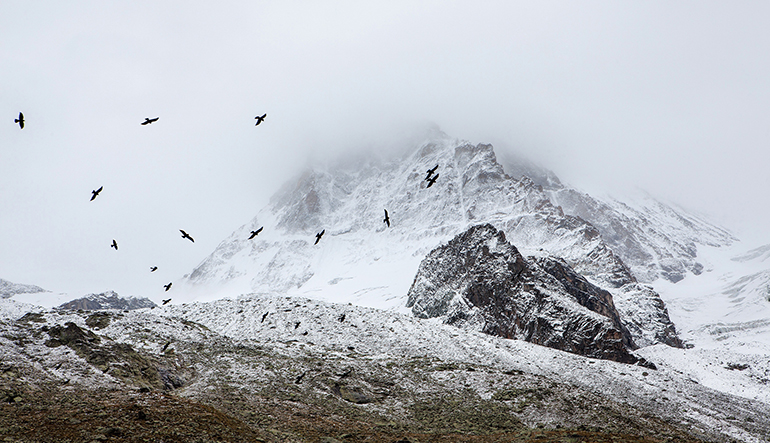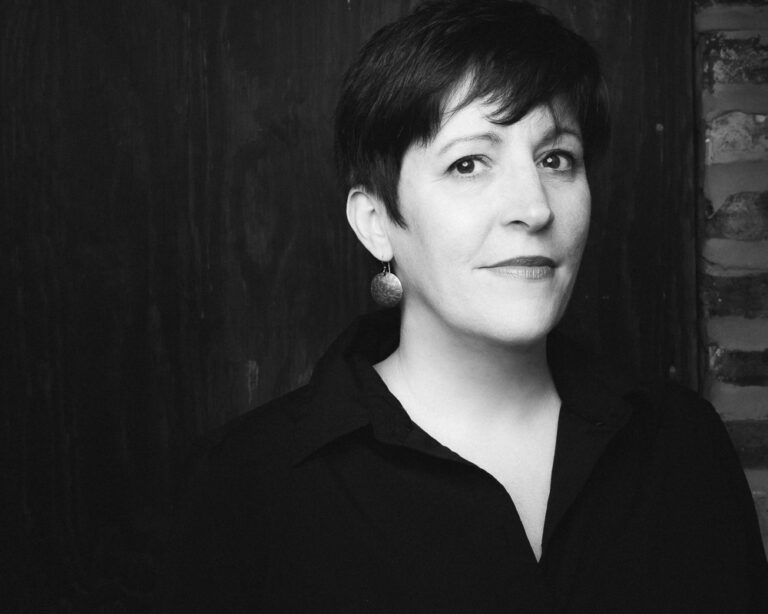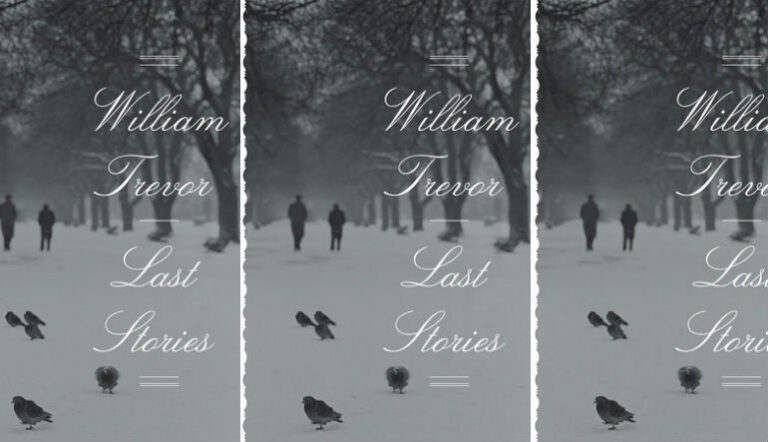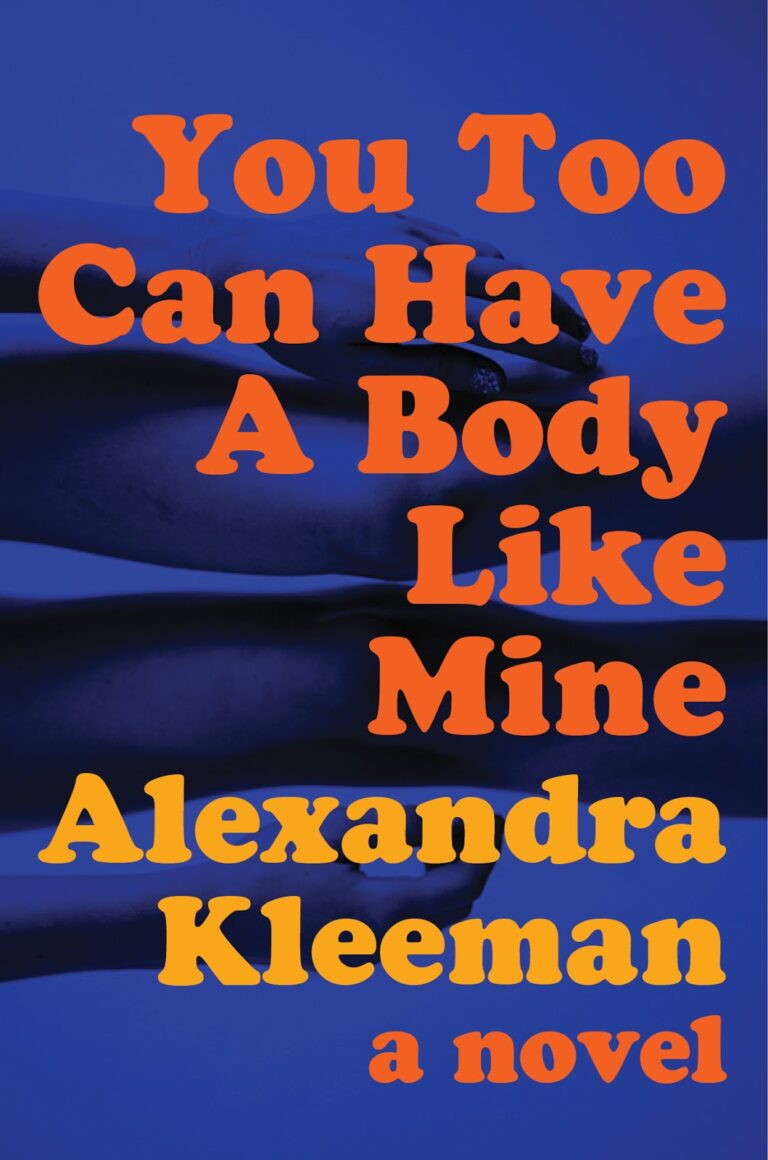One Thousand and One Nights: an interview with poet Gwee Li Sui

Gwee Li Sui is the author of the graphic novel Myth Of The Stone, the book Fear No Poetry!, and poetry collections The Other Merlion and Friends, Who Wants To Buy A Book Of Poems?, and Who Wants To Buy An Expanded Edition Of A Book Of Poems?. I interviewed him about his poetry collection One Thousand and One Nights (Landmark Books, 2014) that was shortlisted for the Singapore Literature Prize. Gwee holds a doctorate from Queen Mary, University of London and is formerly an academic at the National University of Singapore specializing in seventeenth- and eighteenth-century English literature, philosophy, and science.
How long did One Thousand and One Nights take to write, and how did its Korean literary and cultural influences work their way in?
Gwee Li Sui: A poem I wrote for my ex-lover literally began our relationship, and a poem was at its end. Between these two poems, everything in One Thousand and One Nights emerged. So that took about three years, and I needed a few more months to edit it all. Whatever Korean literary influence you sense has come corrupted by translation. I hugely enjoy the traditions of nature poetry and Buddhist poetry from Korea. As for the culture, I learnt from having lived there and from my ex-lover, with whom I once discussed anything from customs to politics and literature. She is a wonderful storyteller and was my Scheherazade.
In your book Fear No Poetry!, you write to students and readers of poetry explaining that poetry is art about life, and that a poem is “what expresses meaning in an imaginative and rhythmic way that brings out an experience of beauty.” How are writing poetry and writing about poetry different for you?
Gwee: Well, I can never write poetry and write about poetry in the same period of time! It’s a lonely awareness since I don’t think anyone who has asked me for a piece of writing ever realises that I can’t just switch off one mode and switch on another. It’s not how I’m able to work–and that includes drawing too. The entire inner posture has to change, and so there is a brief period of facing nowhere in between. It’s like putting on suitable clothes to go indoors or outdoors. Writing poetry is done on the table in my heart whereas, to write about it, I look at what’s inside from the outside of my heart.
Part of the poem “Bookmark” reads “The stories in here — / every single one — / pre-exist me / and tell of trees / from seeds I can / never caress. ” And “Baek Seok and Kim Yeong-Han” ends in “How will they tell of us someday, of the love between our North and South? / Ours is a new love and an old love. / Enchanted by stories, we must make this different, making it as grave.” How did you know when the book was beginning and ending?
Gwee: The book starts at the beginning of the romance and ends at the end. That’s the way I like its contents to be read. But I’ve also arranged the poems so that, like a narrative, there is rising action and falling action. The pieces about sickness therefore arrive near the end. Still, even if you dip into the book randomly, you’ll find that every poem–however optimistic–has a moment of death, a sense of an ending. I discovered this strange, inherent possibility of decay while editing, and I decided to enhance it throughout the book. In every poem, in its adventure, love is beginning again, but there stalks a spectre of loss.
At a public lecture you gave at the Silliman University National Writers Workshop in the Philippines last year, you discussed “how the book as artifact or as memorial is supposed to work” like “John Keats’s Grecian urn, an object that is of both beauty and death.” What was it like when your book was later shortlisted for the 2016 Singapore Literature Prize? Did it take on a new significance?
Gwee: Being shortlisted was nice but ultimately irrelevant. Mine isn’t that kind of book that aims to showcase prowess or wisdom or desires widespread attention. I must let the collection find its own readers, people who know from experience or sensitivity what it is about, what my years have been about. When you have loved deeply, the happiness you once felt doesn’t go away – the sadness at the end doesn’t neutralise it. This is why there is profound pain because you have to carry this paradox of extremes in the heart. One Thousand and One Nights is my paradox.
What’s the last book of poetry you read and loved?
Gwee: It is–gasp!–N. M. Bodecker’s Snowman Sniffles and Other Verses. I’ve been returning to this feather-light but bravely joyous volume every few years. I found my own copy in a bargain bookshop during my postgraduate days in London a long time ago, and it had helped me face my first experience of winter. Since then, whenever I feel that I need to relearn quiet wonder and lightness in life, I will re-read a number of books of which this is one. I never believe that great poetry has to be difficult or high-minded, but it has to be an effective treasury of how to feel.


